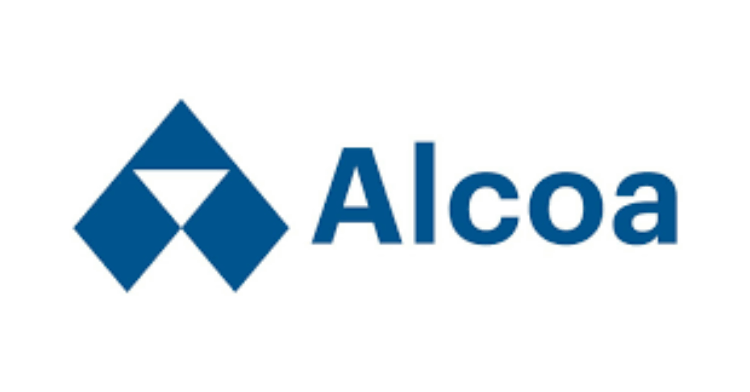Completed project
Health, hygiene and sanitation in Kamsar
USD$ 59,987
Alcoa Fondation
16,654 households
including 113,108 participants (56,818 men and 56,290 women)
Alcoa Foundation
Prefectural Health Directorate
Rural Commune of Kamsar
In the rural commune of Kamsar, Guinea, rapid urban growth driven by mining activities created a population boom in a fragile health context. Public health infrastructures could not meet local needs, resulting in outbreaks of cholera, malaria and waterborne diseases. To address this situation, CECI, in partnership with the Alcoa Foundation and local authorities, implemented a project to improve public health and hygiene. Over four months, community initiatives were launched to strengthen disease prevention, improve waste management, and promote better sanitation practices. The project demonstrated the effectiveness of a participatory approach in community health, where the involvement of local authorities, leaders and citizens plays a crucial role in building long-term resilience and preventing epidemics.
Community health and hygiene
A local mobilization against epidemics
Kamsar has grown into a major urban hub with the expansion of mining activities. This rapid growth has strained basic infrastructure and exposed major gaps in public health services. The lack of organized sanitation services fueled the spread of waterborne and vector-borne diseases, leading to repeated epidemics. The project responded with a dual strategy: community mobilization through campaigns in schools, mosques, churches, and neighborhoods, combined with institutional support for the creation of a cooperative to manage waste collection in partnership with the commune. This collective effort enabled communities to better prevent epidemics and strengthen their resilience in the face of health crises.
Results that count
Health, sanitation, and citizen mobilization
25
trained and equipped community facilitators
12
prevention messages broadcast in 4 local languages
48
awareness sessions in mosques and churches
12
sessions in schools and 4 with professional groups
14,000
households reached through door-to-door campaigns
2,000 meters
of drains cleaned and disinfected
987
family and public latrines cleaned and disinfected
580 m³
of waste collected and transferred
1
cooperative for waste management created and formalized
Our partners
Thank you to our financial, consortium and implementation partners, without whom this project would not be possible.
